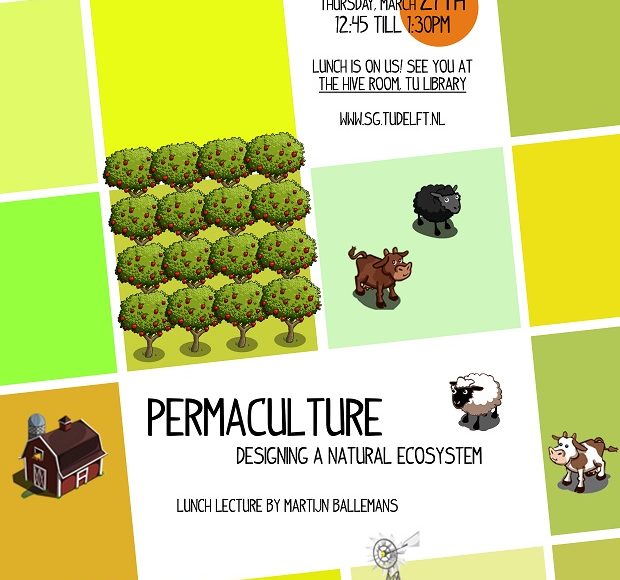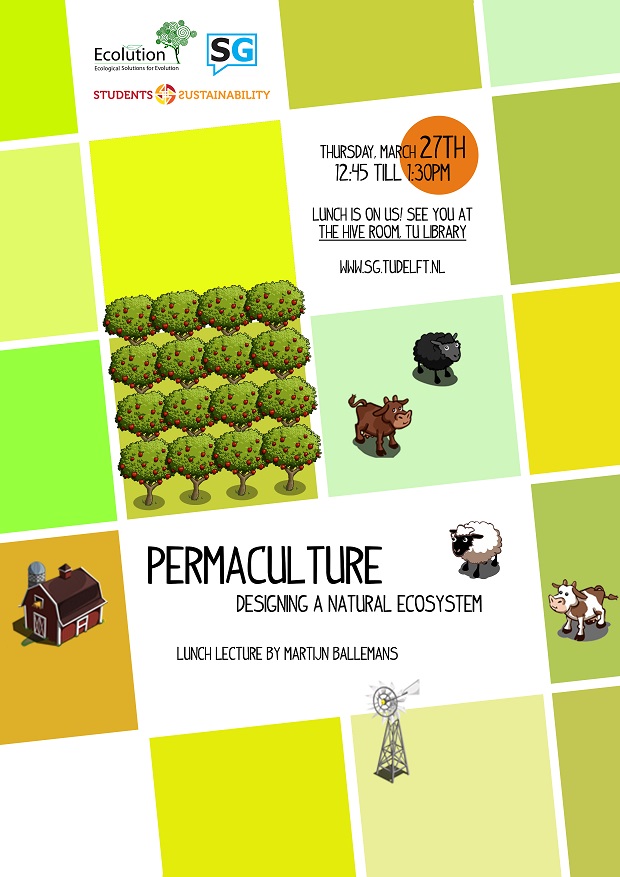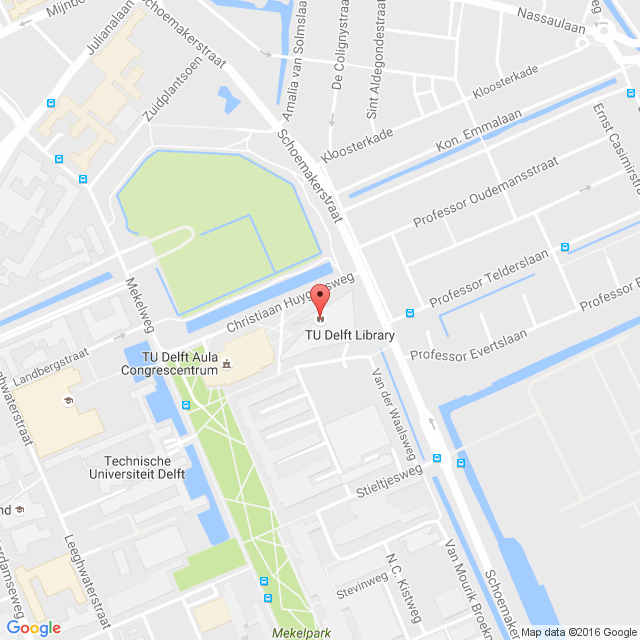This is an introductory lecture on permaculture. Permaculture is a relatively new concept about making a self-sustainable food production system, in the sense that current agricultural methods require intensive human involvement. By copying natural processes, permaculture gets the highest yields with the least labor, energy expenditure, or chemical additives and pesticides. Growing more and more popular in urban gardening situations, permaculture offers an alternative to modern industrial agriculture, but will it be able to feed 7 billion people?
According to Bill Mollison, the man who helped coin the term, Permaculture is “a philosophy of working with, rather than against nature; of protracted and thoughtful observation rather than protracted and thoughtless labor; and of looking at plants and animals in all their functions, rather than treating any area as a single product system.”
We will be serving a free lunch, and it’s first come first served!
Martijn Ballemans is an expert and trainer in permaculture design and theory, giving workshops and lectures in several countries.This lecture is brought to you by Studium Generale, Ecolution, and Students4Sustainability.



